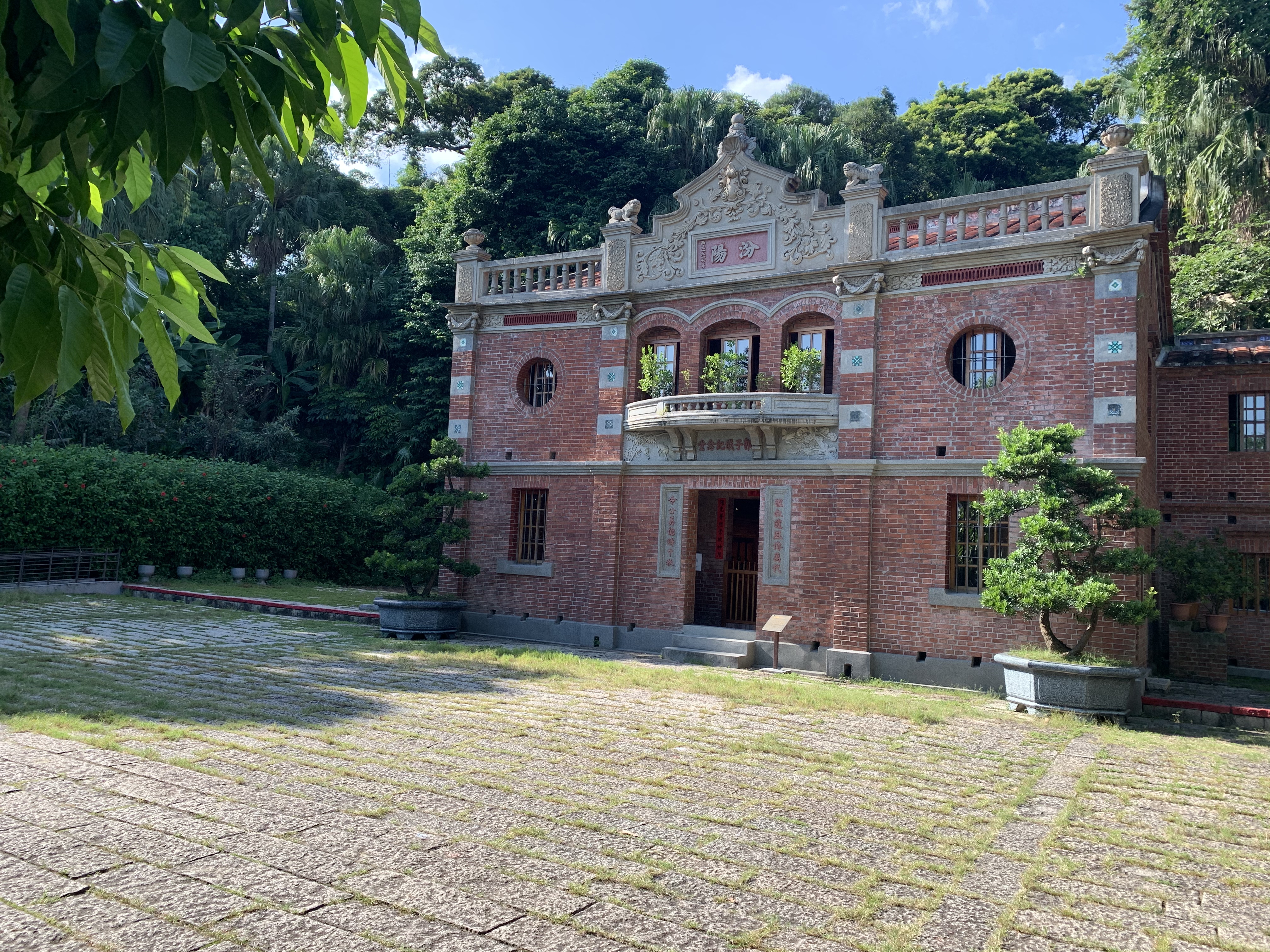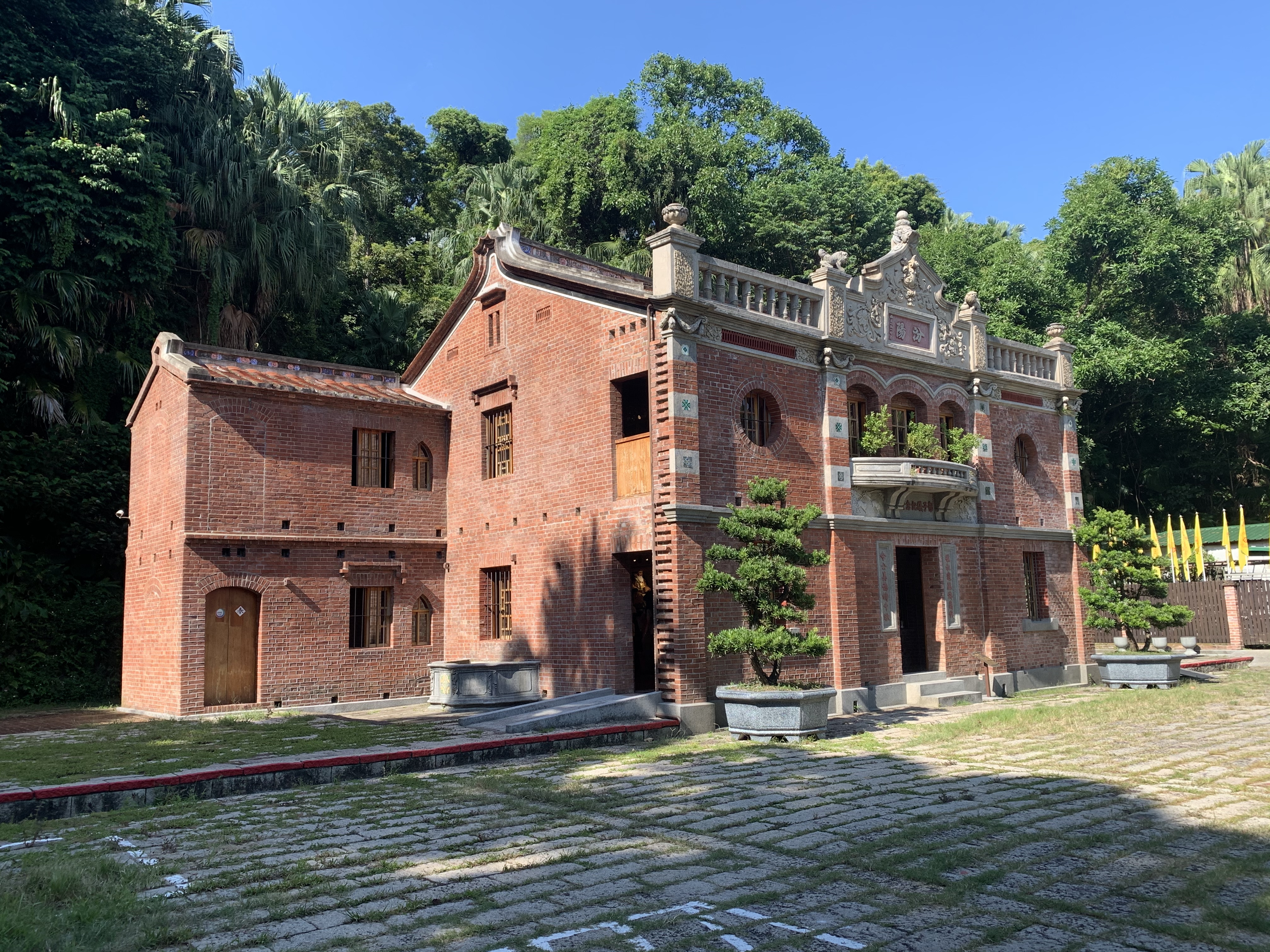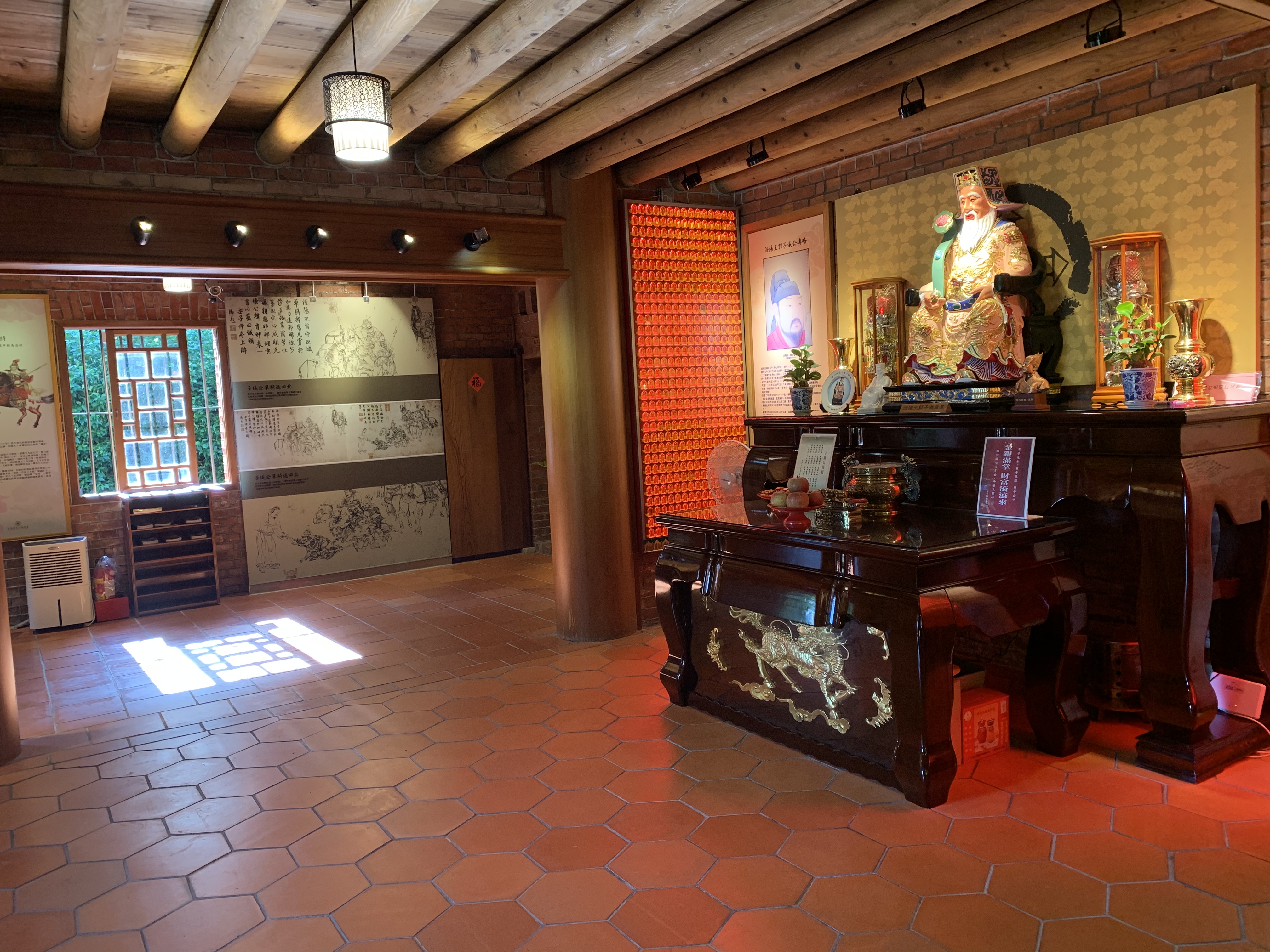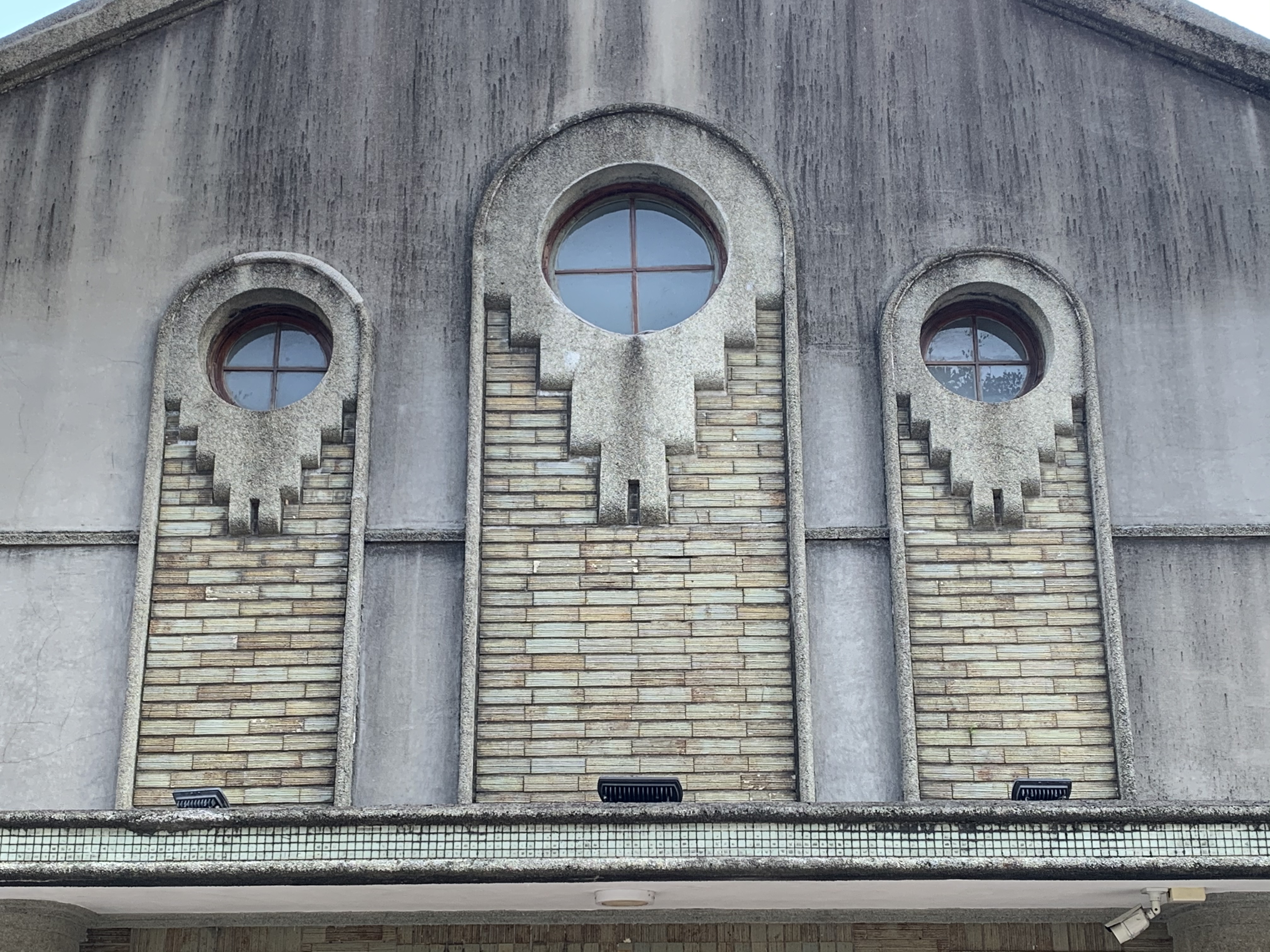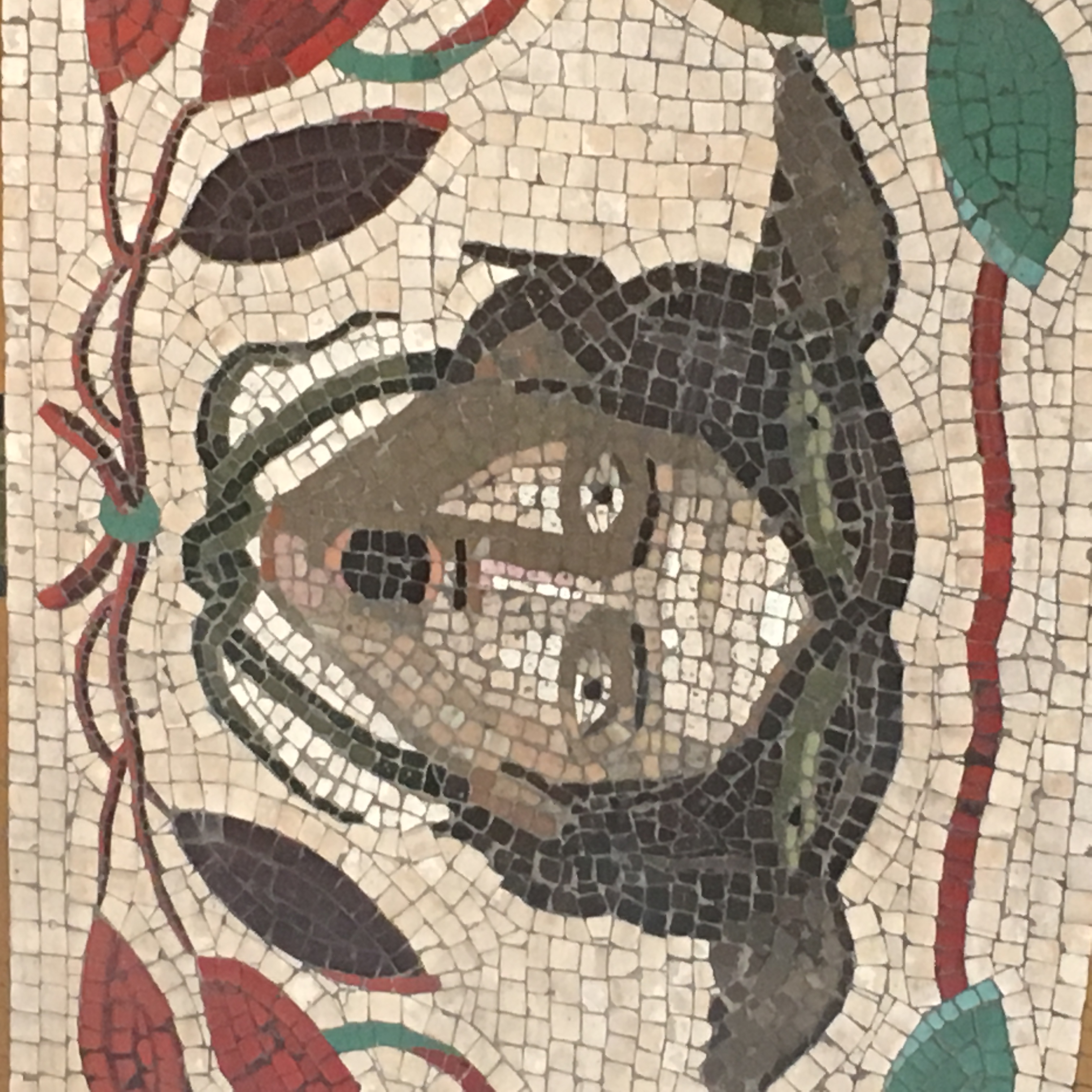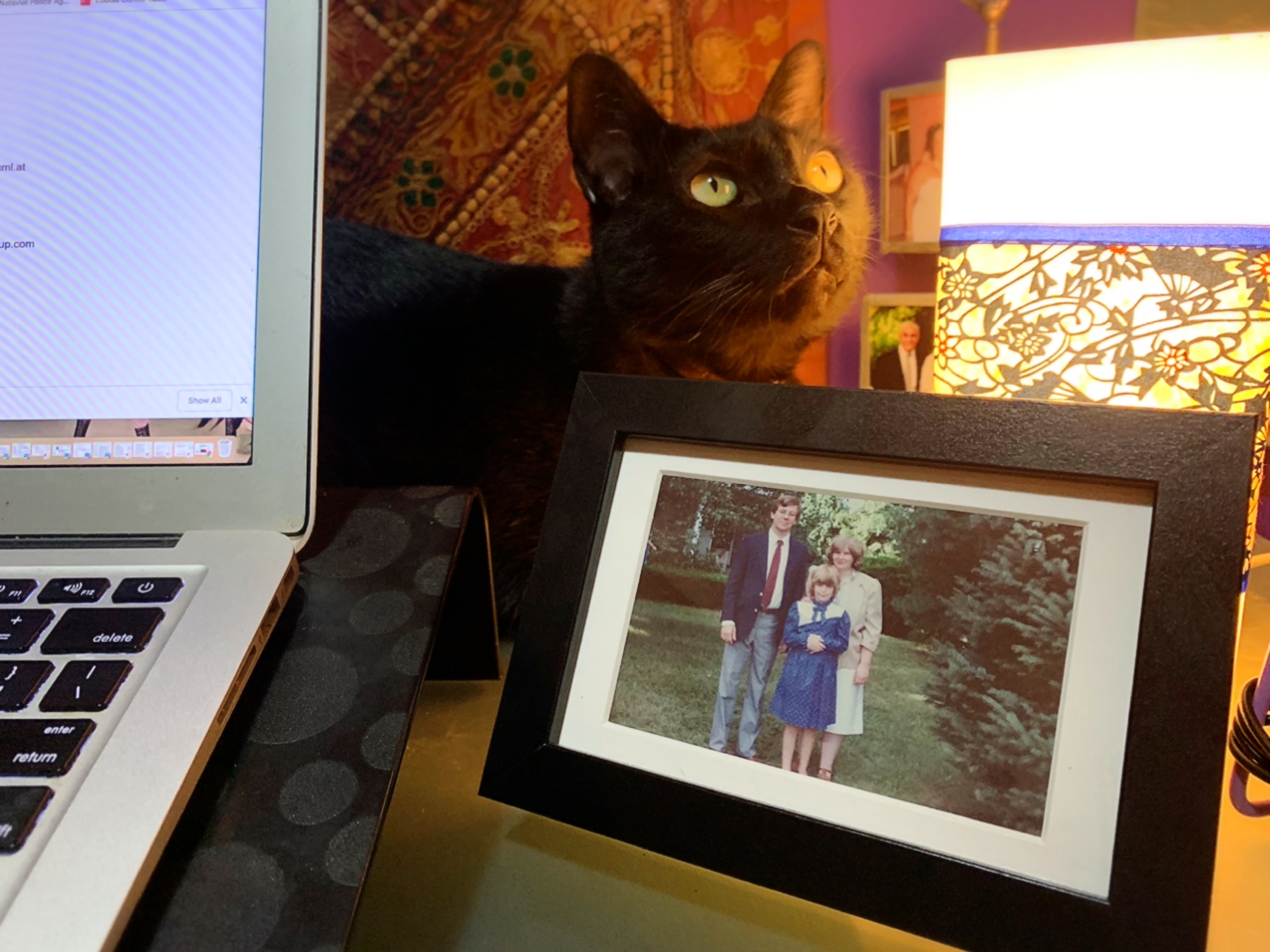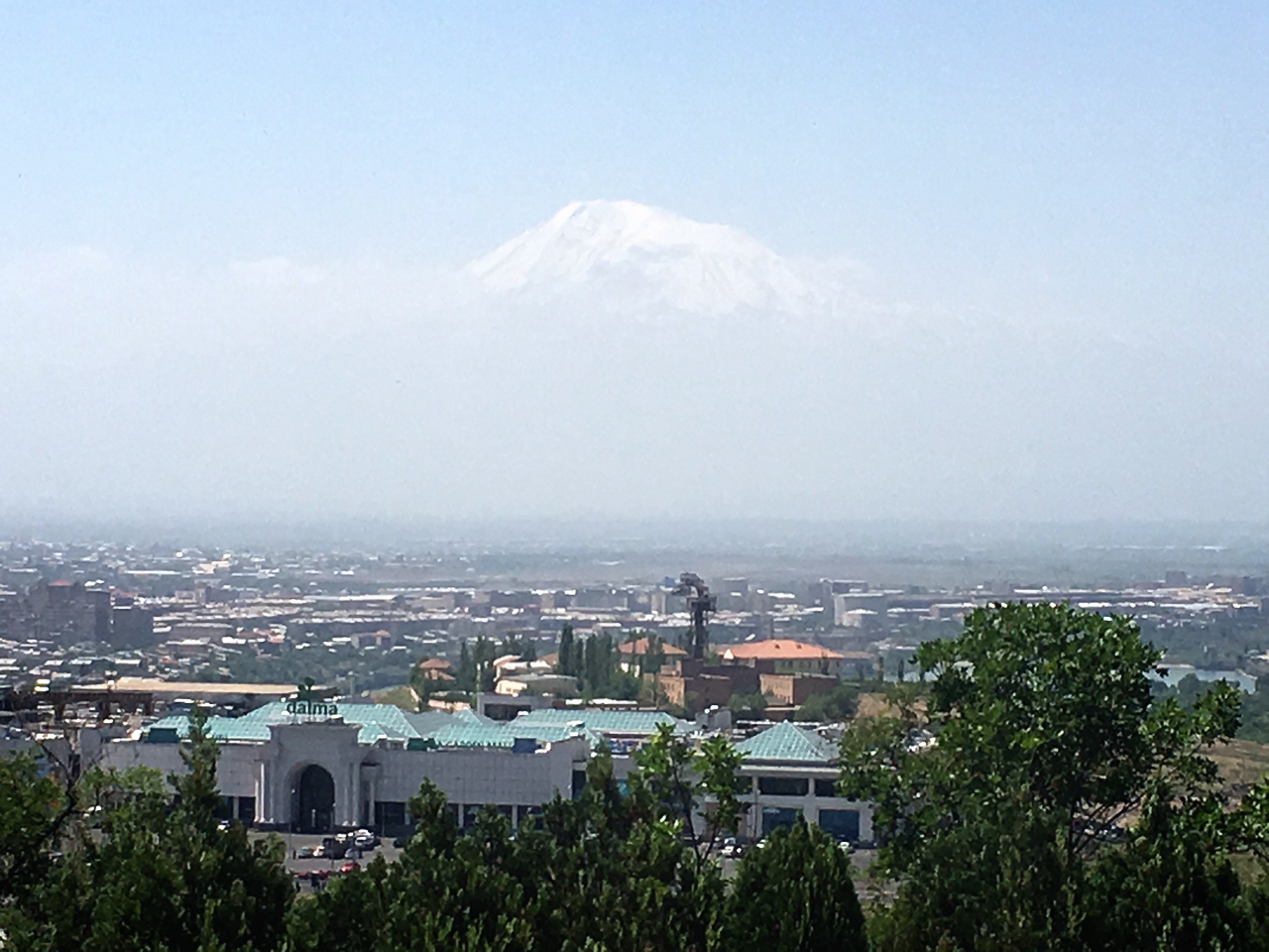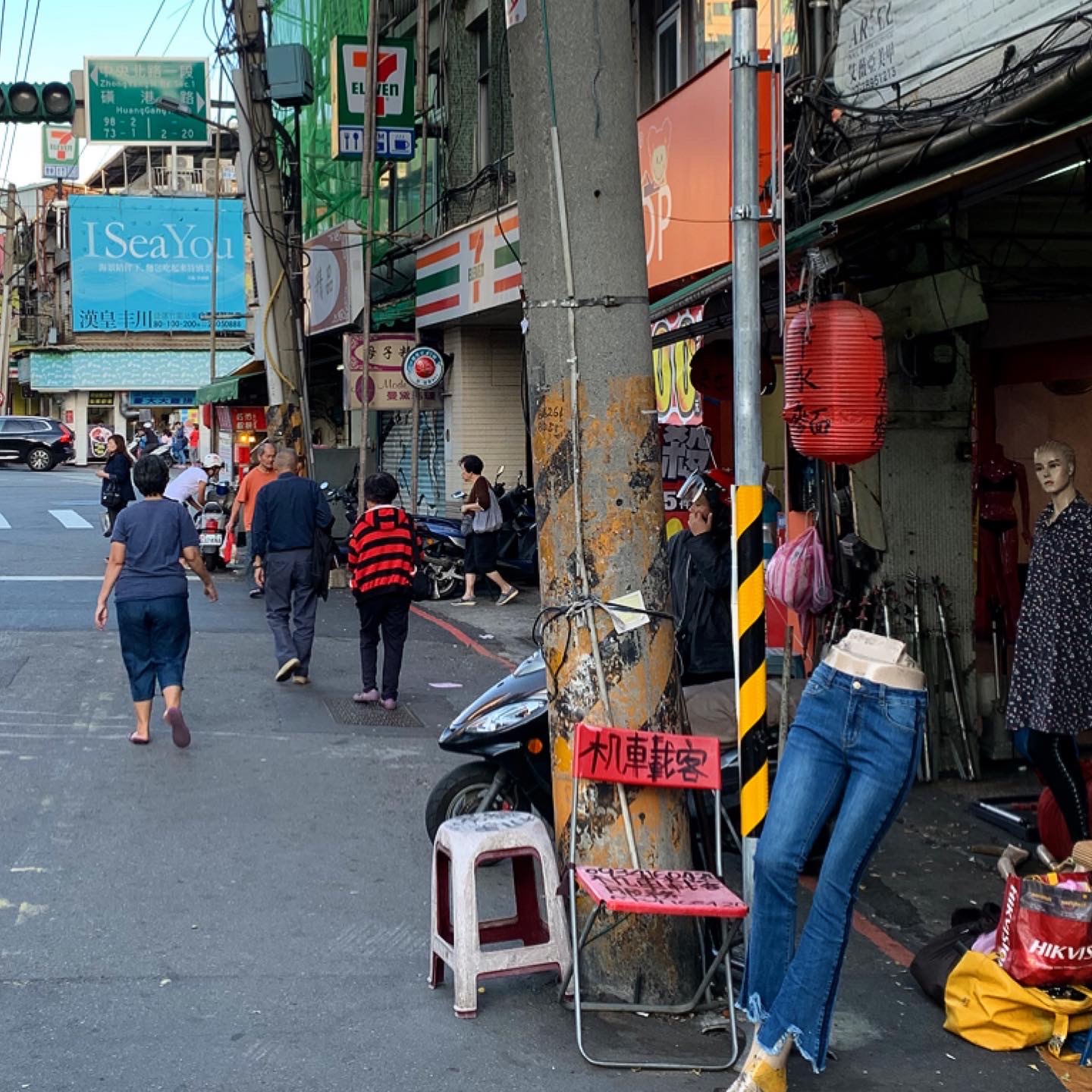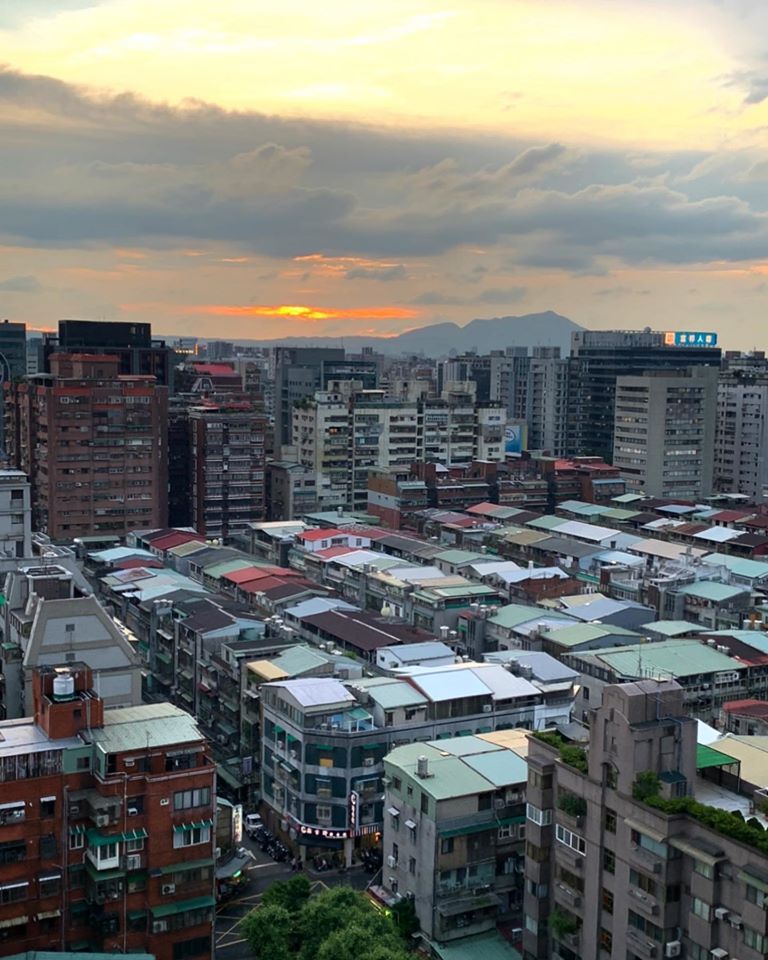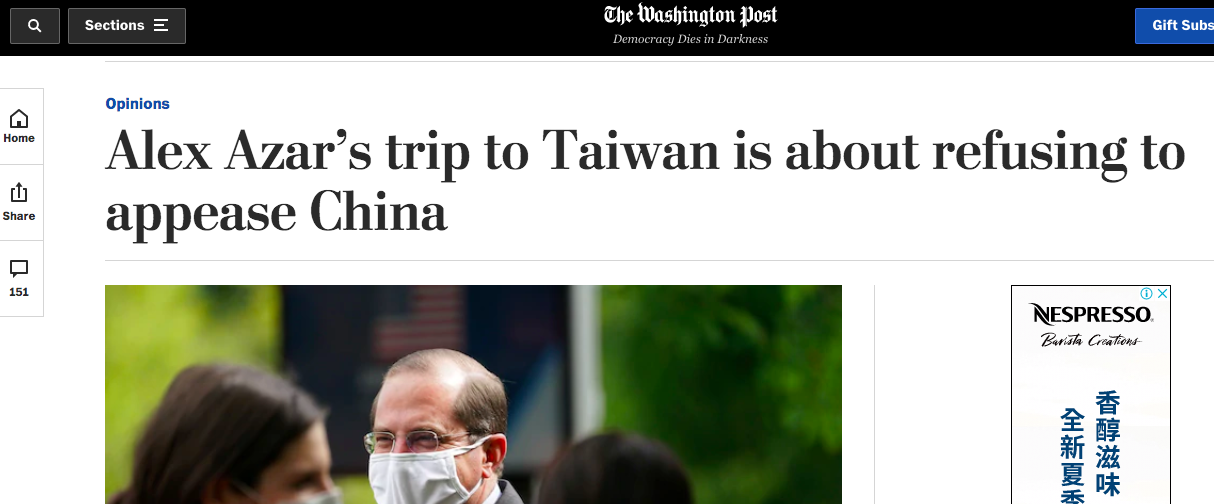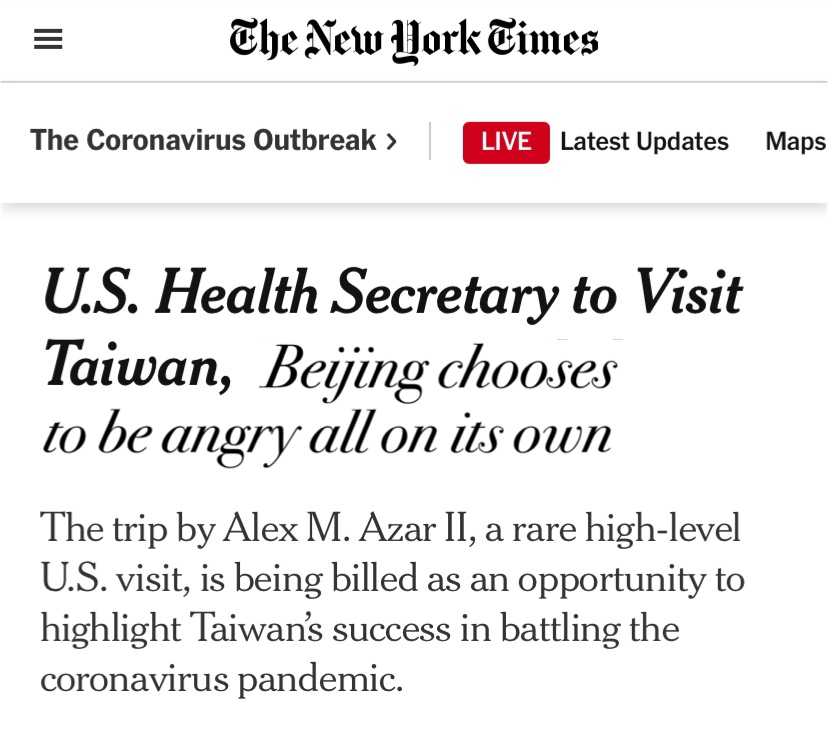On the final day of the long weekend for Mid-Autumn Festival, we decided to pick a part of Taipei we rarely visit and find something interesting to do there. Usually when we do this, we end up in one of the older or more innately interesting areas: Ximen, Wanhua, Beitou, Shezi (included here as an antique store listing, but I've actually explored far more of the area than that), Wanhua again, my many walks in the quieter parts of Dadaocheng and Dalongdong, more Wanhua. Sometimes, of course, we seek out the less clearly fascinating parts of the city and run with that. These include our visit to the oldest house in Xindian, which has probably been demolished by now, or our trip to the Li Family Mansion in Luzhou - though that post doesn't actually discuss the Li mansion as we couldn't enter that day, we did eventually visit.
This time, we set our sights on a more challenging district: Neihu. While it looks like a nice place to live, and the restaurant scene there is improving, there isn't much to interest the casual visitor in this part of town. Other than restaurant trips, the occasional visit to a big box store (hey, that's where they sell American-style drip coffeemakers), plans to meet friends, one visit to Donghu Park and one hike, I don't think I've ever purposely gone to Neihu for fun. Has anyone?
I had a vague recollection of hearing about an old family mansion in Neihu that I'd never been to. The photos from my old set of Historical Sites in Taipei books made it look decrepit and unloved, and back when I first heard about it, there was no MRT up that way, so I let it slip from my memory. But with this idea to see what one could actually do for fun in the area, I dug out the books and found the listing: the Kuo Family Estate (now the Kuo Ziyi Memorial Hall). Nearby was another Japanese-era building -- the old Neihu Village Hall.
And conveniently enough, both were near the MRT.
In fact, the Kuo mansion is so close to Wende Station that I'm surprised it took me this long to check it out -- it's less than 50 meters' walk, not including a long but not particularly steep set of stairs. So that's where we started.
Kuo Ziyi Memorial Hall 郭子儀紀念堂
MRT Wende Station (Exit 1, turn left and follow the signs, you cannot miss the gate and stairs)
Built in 1919, the house is in the Taisho style very common to that era of Japanese colonial rule in Taiwan -- you'll know it by its red brick and cement exteriors with Baroque decorative flourishes and typically wood interiors.
This was originally the home of Ku Hua-jang (郭華讓) the first mayor/borough chief of Neihu, back when it was a village unit rather than a district of Taipei City. In fact, it was an administrative unit called a zhuang 庄 in Chinese, which isn't quite a town, and was a different type/level of administrative unit from the old Qing-era system. (I don't really understand much more about that, so that's the most I can say). It was later occupied by Kuo's relative, Kuo Hua-xi (國華溪).
The Kuo descendants from this branch of the family also were important figures in twentieth-century Taiwan.
Historical Sites in Taipei says that there was a beam installed specifically to hold "traditional Taiwanese censers and lanterns", and at some point it was re-named 碧奉宮 (Bifeng Temple), although it was never actually used as such. Apparently in the 1980s there were plans to turn it into a Matsu temple, but the architecture of the front gate was deemed inadequate, and neighbors opposed the move, which led to the site being abandoned and falling into disrepair.
Then, the World Kuo Family Association -- which has its own website -- stepped in to direct and fund its renovation. (Their website calls Taiwan the "Taiwan Area" - a minor thing, but it'll come up later). It's also now the seat of the association.
Anyway, even though the house was built by the clearly wealthy and connected Kuo Hua-rang and his cousin Kuo Huaxi, they had a much more famous ancestor, Guo Ziyi. Guo was a general in the Anshi Rebellion (the one where An Lushan revolted) in the 700s. That would be the Tang Dynasty, Emperor Xuanzong -- if that means nothing to you, you may have heard of Xuanzong's favorite and famously beautiful concubine, Yang Guifei (who had been friendly with An Lushan....anyway, there are lots of dramas, go watch those). He was also key in diplomatic (and war) dealings with the Tibetans and Uighurs and apparently saved poet Li Bai's life. Long story short, Guo Ziyi was an extremely important historical figure who had a real impact on the history of East Asia.
This is why, when the World Kuo Family Association renovated the mansion, instead of honoring the builders, they turned it into a memorial hall for their much more famous ancestor, Guo Ziyi.
Here's the culture difference: if I built a bad-ass Baroque mansion because I was the local town chief, and a few generations later my descendants decided to renovate it, I'd be pretty annoyed if they ignored my legacy and turned it into a big memorial for some ancestor of mine. But, when it comes to local culture, that doesn't seem so weird at all. I bet Kuo Hua-rang and Kuo Hua-xi would not only think that was fine, but deem it right and appropriate.
Here's another thing I find interesting: years ago, a friend of mine surnamed Kuo told me about how there were three groups of Kuo immigrants from Fujian. One settled in Yilan, one in Hsinchu and one in Tainan. More Kuos came with the KMT refugees (including the family of tycoon and supreme jackass Terry Gou). Apparently, although most of the Kuos of Fujian were entirely Han Chinese, some were actually descended from Hui ("Chinese Muslims", though I don't know how I feel about that term). Guo Ziyi was from Shaanxi (陝西) and was later named the Prince of Fenyang (汾陽王) -- according to a plaque in the mansion, this was due to his military victories in Fenyang, Shanxi (山西 - not the same as his birthplace). The Kuos had been around for a long time before the Tang Dynasty, and therefore not every Kuo can name Guo Ziyi as a direct ancestor. However, many Kuos in Taiwan, regardless of which group of settlers they were in, claim that the Kuos from Fujian originally came from Fenyang, and can be traced directly back to Guo Ziyi.
I have no idea if (or how many) of these Fujian Kuos, many of whom eventually settled in Taiwan, were actually descended from Guo Ziyi, and how many were not. But this is illuminating:
One of the Guo family is from Hui clans around Quanzhou in Fujian.
Early in the 14th century, a Persian Al-Qudsan Al-Dhaghan Nam (伊本·庫斯·德廣貢·納姆) was sent to Quanzhou by Külüg Khan for assisting grain transportation by sea. He failed to return to Khanbaliq due to war, then got married and settled at Quanzhou. Because his Persian surname Dhaghan pronounces similar to Chinese Guo, Al-Qudsan Al-Dhaghan Nam's grandsons began to change their surname to Guo in order to assimilate with local Han Chinese. It was politically expedient to claim they were descendants of Guo Ziyi in order to be better accommodated by Local people and later Ming Dynasty government....
In Taiwan there are also descendants of Hui who came with Koxinga who no longer observe Islam, the Taiwan branch of the Guo (romanized as Kuo in Taiwan) family is not Muslim, but still does not offer pork at ancestral shrines. The Chinese Muslim Association counts these people as Muslims. The Taiwan Guo now view their Hui identity as irrelevant and don't assert that they are Hui.
Various different accounts are given as to whom the Hui Guo clan is descended from. Several of the Guo claimed descent from Han Chinese General Guo Ziyi. They were then distressed and disturbed at the fact that their claim of descent from Guo Ziyi contradicted their being Hui, which required foreign ancestry. While the Encyclopædia Iranica claims the ancestor of the Guo clan in Baiqi was the Persian Ebn Tur (Daqqaq).
Huh. Assuming this is true, the guy being memorialized in the Kuo Family Mansion is probably not an ancestor of all of the Kuos in Taiwan (although surely he is an ancestor of some).
Another unofficial story, relayed to me by word of mouth, is that some Kuos from Fujian were actually the descendants of captives or slaves brought back by Guo Ziyi after his dealings out west. Some moved back west and even on to Turkey, but some stayed in Fujian. In later generations, in order to assimilate, they took the surname of their captor's family. It again was considered politically wise to simply say they were descendants rather than admit they were not Han (this is also said to account for some Kuo families not including pork in religious offerings).
I don't want to presume too much, but if the ancestors of these Kuos were actually Muslim and from areas west of China, wouldn't that potentially make them more closely culturally/historically connected to Guo Ziyi's negotiating counterparts or even enemies, rather than Guo himself? Does it matter, so many centuries later?
Perhaps that's too much of a supposition, but it's worth contemplating that the official or "politically expedient" version of history is not always the correct one.
And in the case of Taiwan, this potentially looks a lot like a Sinicization -- no, a Han-washing -- of history to keep every narrative in line with Taiwan as a mere offshoot of the "Great Chinese Nation" and its "5,000 years of history", rather than a unique place that may hold some of its own unexpected historical twists and turns. I do wonder why the World Kuo Family Association, which includes people of "Kuo" ancestry across the entire spectrum of the Chinese diaspora, might be interested in pushing a Han-centric narrative, especially in *ahem* the Taiwan Area.
Maybe I'm reading too much into it, and connecting the site to an extremely famous guy from Chinese history was just a way to get government funding for the restoration. But the Kuos are huge (just check their website!) and there's a wall of donation plaques, so I am pretty sure it was funded by the association. If you're curious, I did not see a plaque from Terry Gou.
In any case, the mansion has been beautifully restored, though rooms that would have been living spaces once are now clearly meeting halls for the World Kuo Family Association.
There is a rubbing from a Tang Dynasty tablet extolling the virtues of Guo Ziyi, a placard that casts some pretty passive-aggressive shade on Yang Guifei, a big idol of Guo Ziyi, some lovely wood restoration especially around the windows, and lots of dorky-fun photos of the World Kuo Family Association as well as a variety of books locked in glass cases.
It's well worth a visit.
#342 Neihu Road Section 2 內湖路二段342號
MRT Neihu, or a short walk from the Guo Ziyi Memorial Hall
From the Kuo mansion, we walked to the Neihu Village Hall, which is now a community activity center.
Built in 1930 -- so, when the Kuos were still around and probably running the area -- it faces north and looks over the "old village" of Neihu. There's nothing left of that, however: just newer residential buildings all the way to the hills. There is an old ruin called the Chen Family House a short distance north but a quick look on Google Maps made it seem unimpressive -- a ramshackle of bricks mostly hidden by a corrugated metal roof. We were hungry and it was hot, so I didn't suggest we go.
The interior of the hall was not open but no matter; the outside looks far more interesting (you can see some photos of the interior here). In a country full of Japanese Baroque, it's refreshing to come across some straight-up Art Deco.
The design of this hall is more interesting than its history: the tiles are greenish-blue and reticulated (meaning they have a veined or network pattern), and are dull, meaning they don't reflect light. This is apparently the "air defense color" I wrote about before, as it made buildings more difficult to identify by the bomber pilots flying above. Of course, knowing that now, I seem to have messed up the popular bright cyan color that I wrote about with this duller blue-green; it's clear that this earthier color camouflages better than bright turquoise-y cyan, and would more naturally be used in architecture where air defense was a concern. That means the bright, cheerful cyan I looked into was probably just a cheap and popular paint color in mid-century Taiwan (it was also popular in the mid-century US, so that's no surprise) and because it's both bright and contrasts attractively with brick, wood and concrete.
Of course, the "air defense color" -- that earthy blue-green -- also became popular as an aesthetic-only choice. Look at the way it's used here: there's no actual military or defensive purpose for it. It's there simply because it was deemed pleasing.
The cyan I had been talking about looks more like this:
Other notable features include the bull's eye windows with medallion/key pattern decorative casements -- very common in Art Deco -- and the semi-circular columns that end in a waterfall pattern that reminds me of the Art Deco dressers my mom used to have (we sold them not long ago, and though I'll miss them, I have no reasonable way of getting them to Taiwan). The stepped gable is also classic Art Deco, though only a nod to the design (some stepped gables are far more dramatic).
After the ROC occupied Taiwan, the building was briefly named Zhongshan Hall (not to be confused with the bigger, fancier Zhongshan Hall in Ximen) and then the Neihu District Public Activity Center, now that Neihu had ceased to be a village or zhuang 庄.
We wrapped up our day in Neihu with a visit to a whiskey store near Xihu that has a particularly good selection so I could pick up some rye (洋酒城 - literally Foreign Liquor City; there are more branches than the one in Neihu), a quick stop at Oma's German Bakery, and a late lunch at The Antipodean Specialty Coffee, which I strongly recommend. 
The walk from the Neihu Village Public Hall to The Antipodean takes about 20 minutes, and will take you past the National Taiwan College of Performing Arts, interesting for its mid-century 'Eurasian' architectural style that I find both revolting and fascinating (it looks a little bit like a budget Sun Yat-sen Memorial hall from the outside, if you squint).
You'll also walk past Bihu Park -- it's not dramatically impressive on its own, but it does make the walk more pleasant and offer a nice place for a break. The large, white building at the far end is a reading room -- literally just a large building full of tables with air conditioning where you can go read and study. Not very exciting, but I enjoyed the review by one visitor who complained about the old lady who hangs out there like it's her house and spits loudly and frequently.
There are more things to see and do in Neihu, of course. If you're closer to the Costco end, check out the tomb of Lin Xiu-jun (林秀俊墓), which is very close to the bus stop with good service from all over the city. Though it's just a small tomb, it's the best-preserved, and perhaps the only, traditional Fujian-style tomb in Taipei, and dates from the 1770s. There don't seem to be any animal sculptures like the one in rural Miaoli or the few you can find on Kinmen, but there are some interesting colored tiles. It's also near Aphrodite, the funky antique market I sometimes like to peruse, though I haven't been in years.
There's also a Qing-dynasty quarry (easily findable on Google Maps) near the trail up to Gold Face Mountain. That is also a worthwhile hike, though we came at it from the Jiantan side, which took all day. A bit to the east of that are several hiking trails that snake past temples with good views and a suspension bridge.


